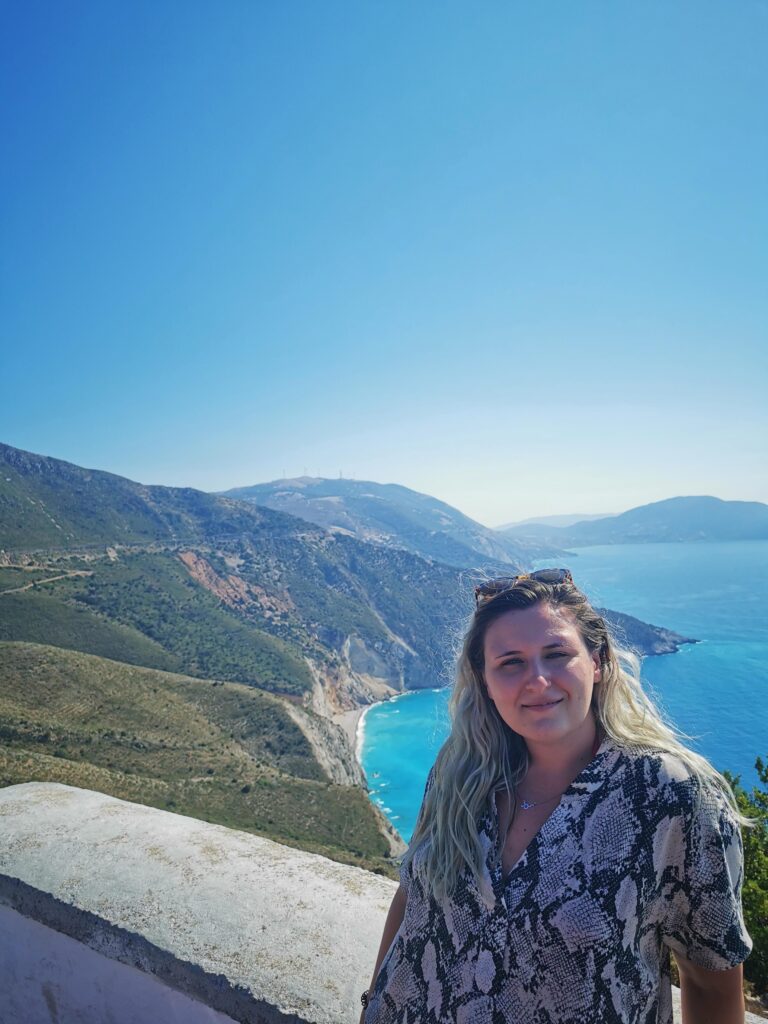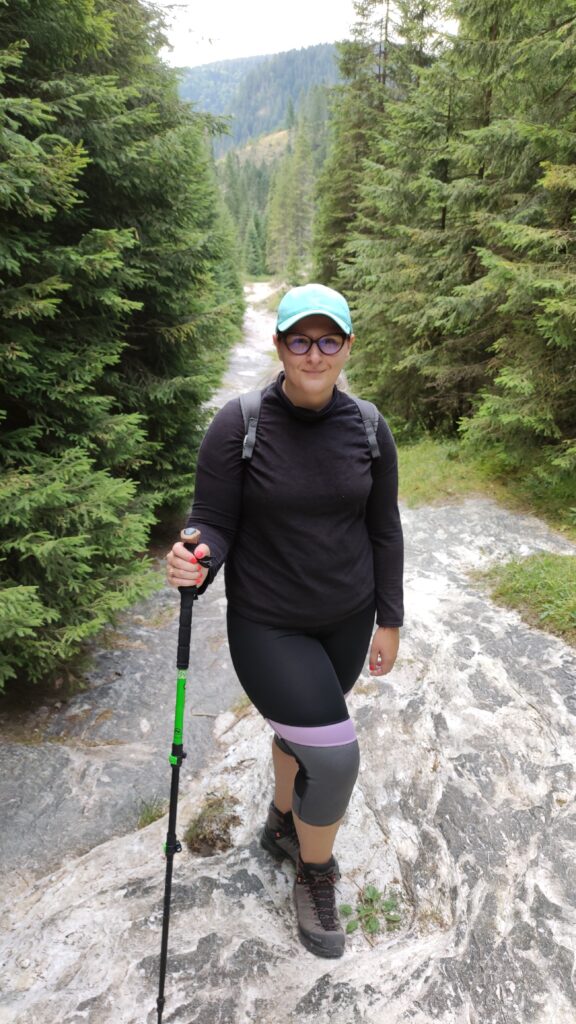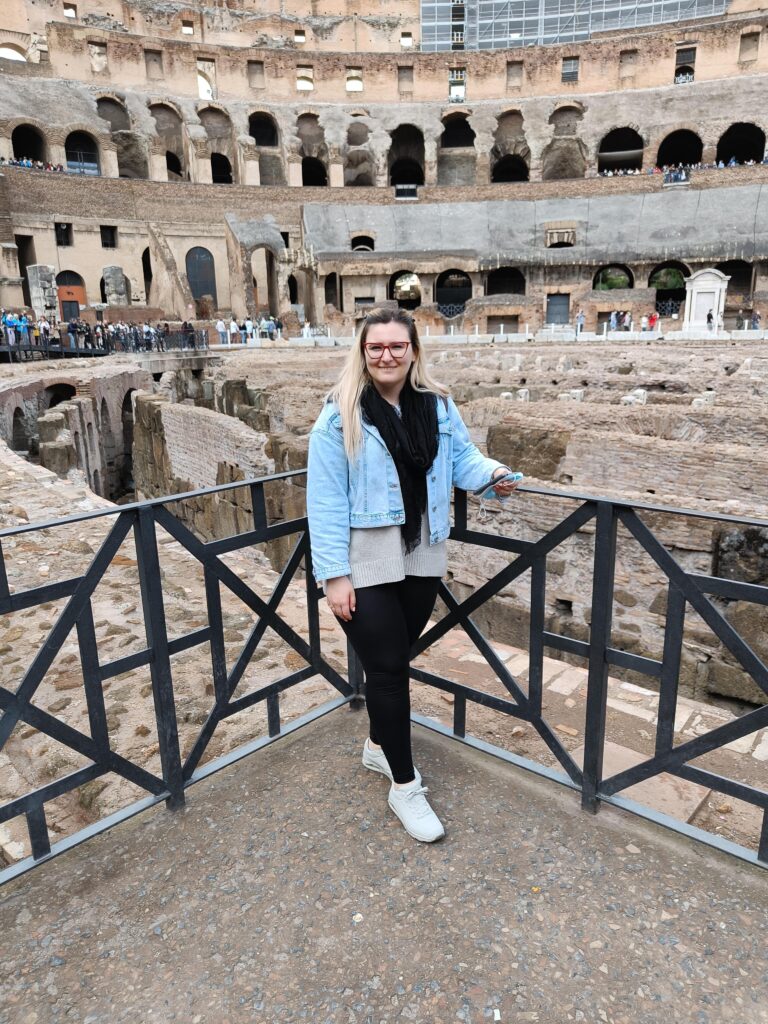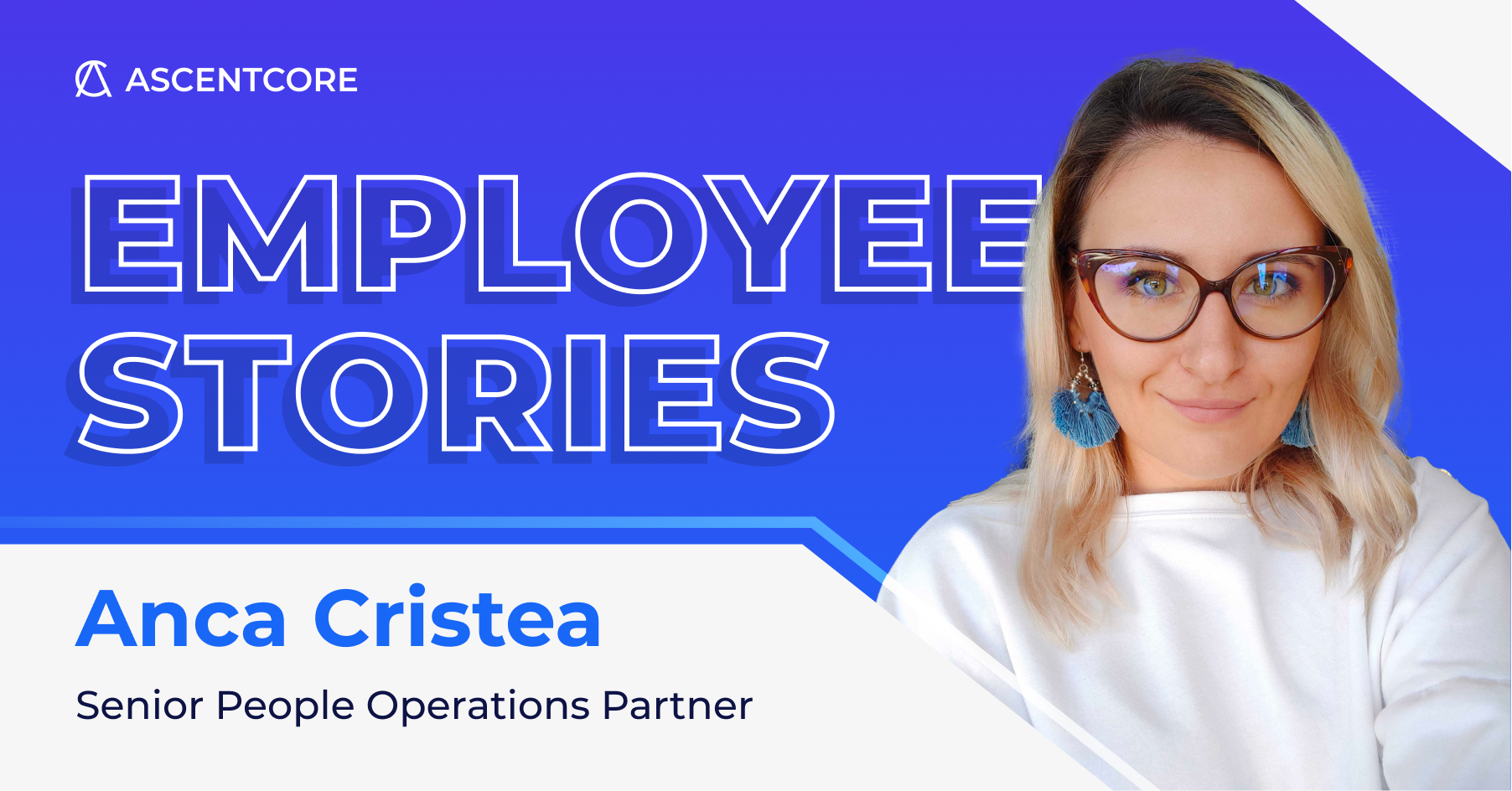Anca is one of the most people-oriented Senior People Operations Partners that one could wish for in their organization, and she’s proven that again and again. She just rocks, ok? Don’t just take our word for it, read her own words. She sat down with us for a casual turned professional talk (as she does) and we ended up with a very inspiring Employee Story that you just need to read.
Tell us a bit about yourself. How does Anca usually spend her personal time?
These days most of my free time is spent with a psychology textbook in my hand, as I am studying to get my Master’s degree in Public and Clinical Health Psychology. But reading is actually one of my favorite leisure activities anyways, so it’s a win!
I also like to spend time in nature, hiking a trail or just enjoying an easy walk in the forests nearby Cluj-Napoca. I love listening to the birds chirping, and connecting with the nature around me helps me relax after a full week of work and classes.
When the weather is not that nice you can find me in front of the TV, watching Friends or The Big Bang Theory, and most recently I also started Modern Family.



What led you on your career path, to ultimately become a Senior People Operations Partner?
Looking back, I sometimes get the impression this career chose me instead of the other way around. When I started studying psychology, the human resources area seemed kind of boring but I couldn’t have been more wrong! It all started with an internship in HR and the rest is history…
I always liked the dynamism of the role and the vast areas of activities and initiatives that are covered by human resources, which make my work really interesting and engaging. But more importantly, I was always interested in helping people, one way or the other, and I felt that I could contribute to making people’s work experience more meaningful. And my experience showed me I could do these at an organizational level, developing programs and initiatives that bring value to the company and the employees, but also on an individual level, by making my colleagues feel listened to and understood when they come to me to give me feedback or to ask for my support with something.
How would you describe your specific job to someone who doesn’t work in HR?
I think one word that can describe my job pretty well is support. I am there to support the company when it’s expanding or during important changes, by being a partner during all this time. I am there to support my colleagues and this translates into developing programs that suit their needs, that help them grow in their careers, that make them feel recognized and satisfied at work. I am also there to listen to them when they go through a hard time, professionally and personally, and depending on their needs, to give my input. And last but not least, I am there to offer support to managers regarding people management aspects.
What are the biggest misconceptions people might have about your job?
Something that I actually encountered in my experience is the misconception that people who work in HR must be extroverts. But this is not always the case, as introverted personalities also possess qualities essential for HR: they are great listeners and very observant about what it’s said and done but also about what isn’t, they consider all aspects of a problem before coming up with a solution and while they might not engage everyone during a social event, they thrive in one-to-one interactions, building long-lasting and trusting relationships.
What keeps you going, what inspires you, and what makes your work meaningful?
There is no better feeling than receiving a “thank you” or just a simple remark “this really helped me” from a colleague after an initiative was implemented or we had a coaching session that really helped him or her.
Also, my colleagues and especially my team are giving meaning to my work. Is a pleasure to work with such nice and supportive people, whom I know have my back, and from whom I still have a lot to learn.
How do you feel about promoting physical and mental wellbeing in the work environment? Is it something that is mostly neglected?
I am actually pretty excited to promote wellbeing in the workplace because I truly believe companies must see employees as people, with emotions, needs, or even struggles, and not “resources”. We can’t have engaged and productive colleagues if they’re stressed, overwhelmed, or on the brink of burnout, either by work-related factors, personal ones, or a mixture of both. So it’s important to show compassion and offer support to them in times like these. Companies have the duty to create a culture of trust and support in which topics like mental health can be openly discussed without stigma.
While a wellbeing program is best as a preventive measure, in which employees have access to information, professional help, or some other kind of resources, they also need to feel understood and supported by their managers – they play a key part in developing and maintaining a culture in which it is ok to not be ok sometimes.
Which is your favorite AscentCore value and why?
I would say “Integrity” because it is at the core of building trusting relationships with others. It’s important for me to work alongside people who are honest and transparent, who keep their commitments and, when necessary, own up to their mistakes (because we’re only human and these can and will happen). But how a person recognizes and repairs his or her mistake says much about their character.
What’s the one piece of advice you would give to your future self, coming back to read this a few years from now?
Make sure you always surround yourself with people you share the same values with, and who truly value teamwork!



